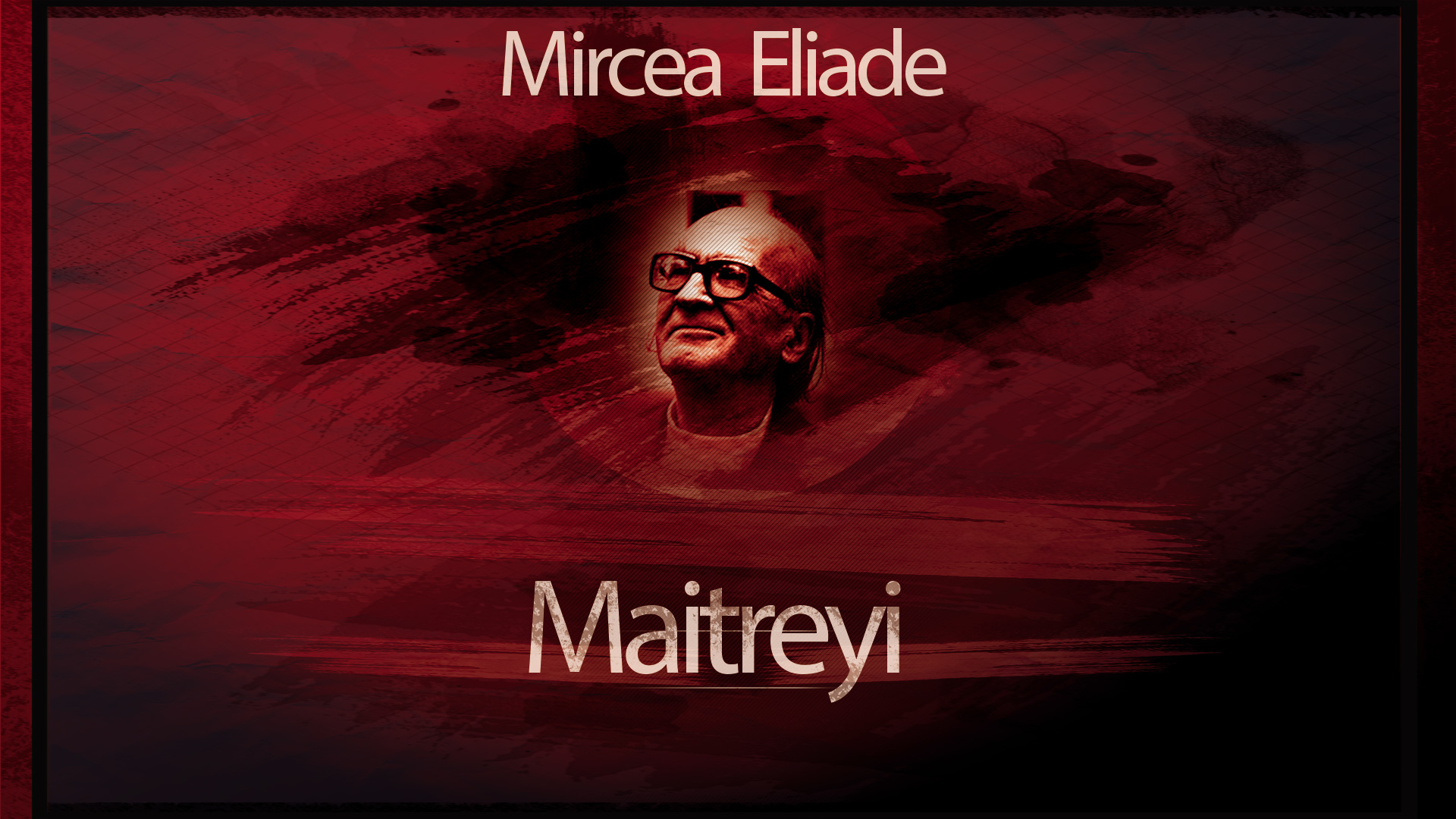

Amid a tangle of misunderstandings, between a European man and an Indian girl, between student and teacher, husband and wife, father and daughter, she describes a romance unfolding in the face of cultural differences but finally succumbing to cultural constraints. Against a rich backdrop of life in an upper-caste Hindu household, Devi powerfully recreates the confusion of an over-educated child simultaneously confronting sex and the differences, not only between European and Indian cultures, but also between her mother's and father's view of what was right.

When their secret romance was discovered, Devi's father banished the young Eliade from their home. They were also, as it turned out, deeply taken with each other. "We were two good exhibits in his museum," Devi writes. Proud of her intelligence, Maitreyi Devi's father had provided her with a fine and, for that time, remarkably liberal education - and encouraged his brilliant foreign student, Eliade, to study with her. In part a counter to Eliade's fantasies, the book is also a moving account of a first love fraught with cultural tensions, of false starts and lasting regrets. More than forty years passed before Devi read Bengal Nights, the novel Eliade had fashioned out of their encounter, only to find small details and phrases, even her given name, bringing back episodes and feelings she had spent decades trying to forget.

Precocious, a poet, a philosopher's daughter, Maitreyi Devi was sixteen years old in 1930 when Mircea Eliade came to Calcutta to study with her father.


 0 kommentar(er)
0 kommentar(er)
